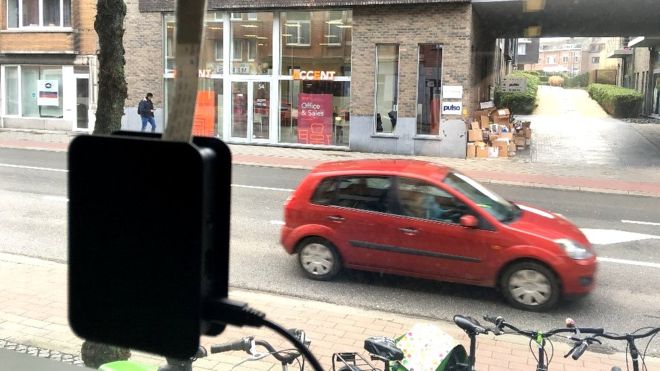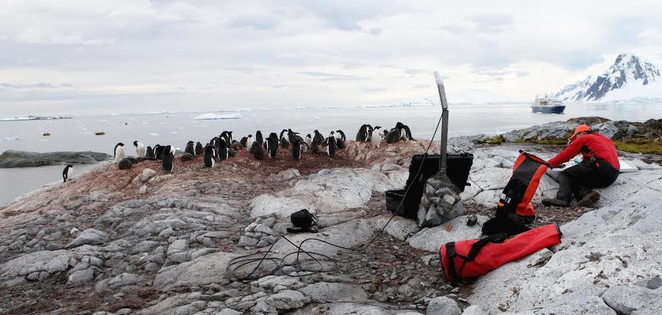Homes in Madrid, Dublin, Cardiff, Ljubljana, and Leuven are participating in the Citizens Observing UrbaN Transport (WeCount) project, a European Commission–funded research project investigating sustainable economic growth.
1,500 Raspberry Pi traffic sensors will be distributed to homes in the five cities to gather data on traffic conditions. Every hour, the devices will upload information to publically accessible cloud storage. The team behind WeCount says:
Following this approach, we will be able to quantify local road transport (cars, heavy goods vehicles, active travel modes, and speed), produce scientific knowledge in the field of mobility and environmental pollution, and co-design informed solutions to tackle a variety of road transport challenges.
“With air pollution being blamed for 500,000 premature deaths across the continent in 2018,” states a BBC News article about the project, “the experts running the survey hope their results can be used to make cities healthier places to live.” Says the WeCount team:
[T]he project will provide cost-effective data for local authorities, at a far greater temporal and spatial scale than what would be possible in classic traffic counting campaigns, thereby opening up new opportunities for transportation policy making and research.
Find more information about the WeCount project on the BBC News website and on the the CORDIS website.
Raspberry Pi makes the ideal brain
The small form factor and low cost of Raspberry Pi mean it’s the ideal brain for citizen science projects across the globe, including our own Raspberry Pi Oracle Weather Station.
While the original Oracle Weather Station programme involved only school groups from across the world, we’ve published freely accessible online guides to building your own Raspberry Pi weather station, and to uploading weather data to the Initial State platform.
Penguin Watch
Another wonderful Raspberry Pi–powered citizen science project is Penguin Watch, which asks the public to, you guessed it, watch penguins. Time-lapse footage — obtained in the Antarctic by Raspberry Pi Camera Modules connected to Raspberry Pi Zeros — is uploaded to the Penguin Watch website, and anyone in the world can go online to highlight penguins in the footage, helping the research team to monitor the penguin population in these locations.
Penguin Watch is highly addictive and it’s for a great cause, so be sure to check it out.
Website: LINK




